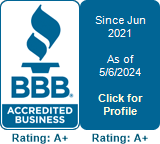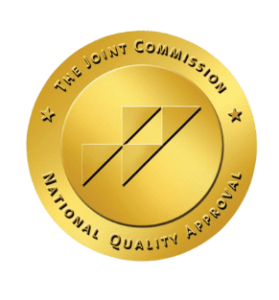Understanding Addiction in Teens and How to Help
In recent years, teenage drug and alcohol addiction has become a growing concern among families and across our society. To address teen addiction effectively, however, it’s necessary to start with an understanding of how it works as well as the scope and impact of the issue. In this post, we’ll discuss the fundamental aspects of teenage addiction, including its prevalence, warning signs, and treatment options to consider.
By understanding all the factors and potential consequences that contribute to teenage addiction, you’ll be better equipped to identify if addiction could be affecting a teenager in your life and what you can do about it.
A Brief Introduction to Teenage Addiction
Teenage drug and alcohol issues are on the rise, making addiction an increasing concern among American families and across our broader society. While there has been a recent raising of public awareness and efforts to destigmatize addiction, there’s still a lot of work that needs to be done if we want to reverse what the numbers show.
The Prevalence of Teen Addiction in Society
According to the National Center for Drug Abuse Statistics, 2.08 million (or about 8%) 12- to 17-year-olds reported using drugs in the last month. While this does not mean that all of these teenagers are dealing with addiction issues, it does mean that at least that many are at an increased risk of developing addiction issues. The likelihood increases when you consider that adolescent drug use is a significant risk factor for developing an addiction later in adulthood. At the same time, 1.19 million 12- to 17-year-olds reported binge drinking in the last month, and 407,000 teens met the criteria for Alcohol Use Disorder (AUD) in the last month.
Teenage Addiction Trends
Unfortunately, the numbers also show that teenage drug and alcohol use is trending upward in recent years. Drug use among 8th graders increased by 61% between 2016 to 2020, representing an increase in the number of teenagers at a heightened risk of developing an addiction.
What Constitutes Addiction in Teens?
Teen addiction refers to a teenager’s inability to abstain from using drugs or alcohol despite the harmful consequences on their health, social life, family relationships, and academics. It often leads to increased consumption as the individual develops a tolerance for the substance and needs an increased amount to feel the same effects.
Dependence vs. Addiction in Teens
It’s important to differentiate between dependency and addiction in teenagers. Dependency involves the body’s physical need for a substance to function normally. Addiction, on the other hand, describes behavioral issues characterized by the compulsive use of a substance, often rooted in the need to alleviate or eliminate stress, anxiety, or other negative emotions.
Remember that only a professional can diagnose addiction in a teenager while helping you understand what steps need to be taken to safely deal with drug or alcohol dependence issues.
Do you care about a teenager you suspect might be dealing with addiction issues? Take the addiction quiz and find out if it’s time to reach out for help.
Why Are Teens Susceptible to Addiction?
Addiction in teenagers is influenced by the developing adolescent brain, which responds differently to substance and alcohol use than an adult brain. Biological and psychosocial factors, along with genetic predisposition, also make some teenagers more susceptible to addiction issues. These factor significantly contribute to the initiation and continuation of drug use among the age group:
Biological Factors Contributing to Teen Addiction
Many addictive substances directly target the brain’s reward system by releasing dopamine and chemicals in the brain that elicit positive feelings. While the adolescent brain is still forming, it may be more susceptible to developing an addiction.
Identifying Potential Genetic Predispositions
Similar patterns of substance and alcohol use run in families, suggesting that genetic components are also a contributing factor. However, genetics interact with environmental factors in complex ways that are not yet fully understood. Still, teenagers with immediate family members who have addiction issues are more susceptible to addiction.
The Impact of Addiction on a Teen’s Life
Addiction affects numerous aspects of a teenager’s life, from education and mental health to potential legal problems.
Impact on Education
Drug and alcohol use can cause significant drops in academic performance, attendance, and interest in school activities. Teens struggling with addiction may struggle to maintain focus or the motivation to excel academically.
Impact on Mental Well-Being
Teens with substance or alcohol use issues may be at higher risk of developing mental health issues, such as anxiety or depression, which in turn may worsen the cycle of addiction. It’s important to remember that mental health issues can both precede and be caused by substance use, further perpetuating a cycle that can become more challenging to break with time.
Impact on Their Future
Drug and alcohol use in teens also increases the likelihood of running into legal trouble, which can limit their prospects and future opportunities later in adulthood.
Warnings Signs of Teen Addiction
The warning signs of teen addiction may be hard to spot, as teens may try to hide them from those closest to them. Common warning signs can also overlap with what would otherwise be considered normal teenage development.
Here are a few tips on how to spot the warning signs of teenage addiction so you can help your loved one get the care they need:
Changes in Attitude and Behavior
Observe their attitude and behavior. Changes in behavior can be one of the first signs of drug or alcohol use. Look for warning signs such as extreme moodiness, sudden changes in life attitude, or lack of interest in things they used to enjoy. If your teen is struggling with addiction, they may become increasingly secretive about their activities and start spending more time alone. They may also start lying more frequently or engaging in risky behaviors.
Changes in Physical Health
Monitor changes in physical health. Addiction can take a toll on a teen’s physical health. Look for signs such as dramatic weight loss or gain, poor hygiene, red eyes, frequent illnesses or fatigue, and an overall decline in physical appearance and energy levels.
Changes in Social Relationships
Pay attention to changes in social activity. Addiction can cause teens to neglect existing relationships and isolate themselves from family members and close friends. They may start avoiding social gatherings and refuse to participate in activities they once enjoyed. If they start isolating themselves from you or others close to them, it could be a sign of addiction issues that need to be addressed.
Asking for or Having More Money Than Usual
Be aware of financial problems related to addiction. Teens struggling with addiction often turn to risky behaviors like stealing or borrowing money without asking in order to fund their habit. This can result in serious financial problems which may be difficult for parents to detect at first but should be taken seriously if noticed.
Tips for Helping Teens With Addiction
Teen addiction can be a heartbreaking experience, but understanding how to talk to a teen about potential addiction issues and finding resources for support can make all the difference.
Help Them Get Help
Addiction is a complex disease that can have a profound effect on an individual’s life, so addiction can be difficult to overcome without professional help. While it may feel like giving up if you can’t solve the problem yourself, seeking professional help is necessary for the best chance of recovery. Whether you’re still trying to clarify whether addiction is really the issue or your teen has already admitted they have a problem, a professional perspective is vital to move forward.
Explore Creative Treatment Options
Once you understand the issue, you can start looking into resources and treatment options for your teen. Be sure to research a wide range of addiction treatment options and programs, including at-home rehab and sober companions, so that you can find strategies that best meet your teen’s needs.
Remember that these programs are not all created equally, and what works for one person may not work for another, particularly in situations as unique and complex as teen addiction. You should also find a program that integrates some level of family therapy to empower family members to provide meaningful support.
Practice Open Dialogue
Work to create open dialogue with your teen about addiction struggles. This means listening without judgment, expressing empathy and understanding, and reminding them that they are not alone in their journey towards recovery. Be sure to communicate openly and honestly with them about their addiction, while respectfully expressing the concerns or fears you may have about their situation.
Remember to provide unconditional love and acceptance throughout this process—while it may seem impossible at times, try not to let anger or frustration take over when talking with them about their addiction as that can exacerbate an already sensitive situation.
Finally, remember to take care of yourself during this time. As a close friend or family member of a teen struggling with addiction, it’s easy to become overwhelmed by all the emotions involved in the process.
Feelings such as guilt, fear, frustration, anger, and sadness are all normal responses during this challenging period in your lives. Give yourself permission to take breaks from caregiving responsibilities when needed and seek out support from friends and family when possible.
If needed, there are also specialized counseling services and resources available for families dealing with substance use problems that can provide valuable guidance throughout your shared journey toward healing and recovery together.
Is It Time to Explore Creative Treatment Options for Teen Addiction?
If you care about a teenager struggling with drug or alcohol issues, it’s never too early to start researching the treatment options available. Helping your teen explore a range of strategies and possibilities is the only way to find a sobriety solution that works for everyone in the family. The team at ALYST is here to help you along that journey. Find out if our at-home addiction treatment program could be right for a teenager in your life or give us a call to start a confidential conversation today.






